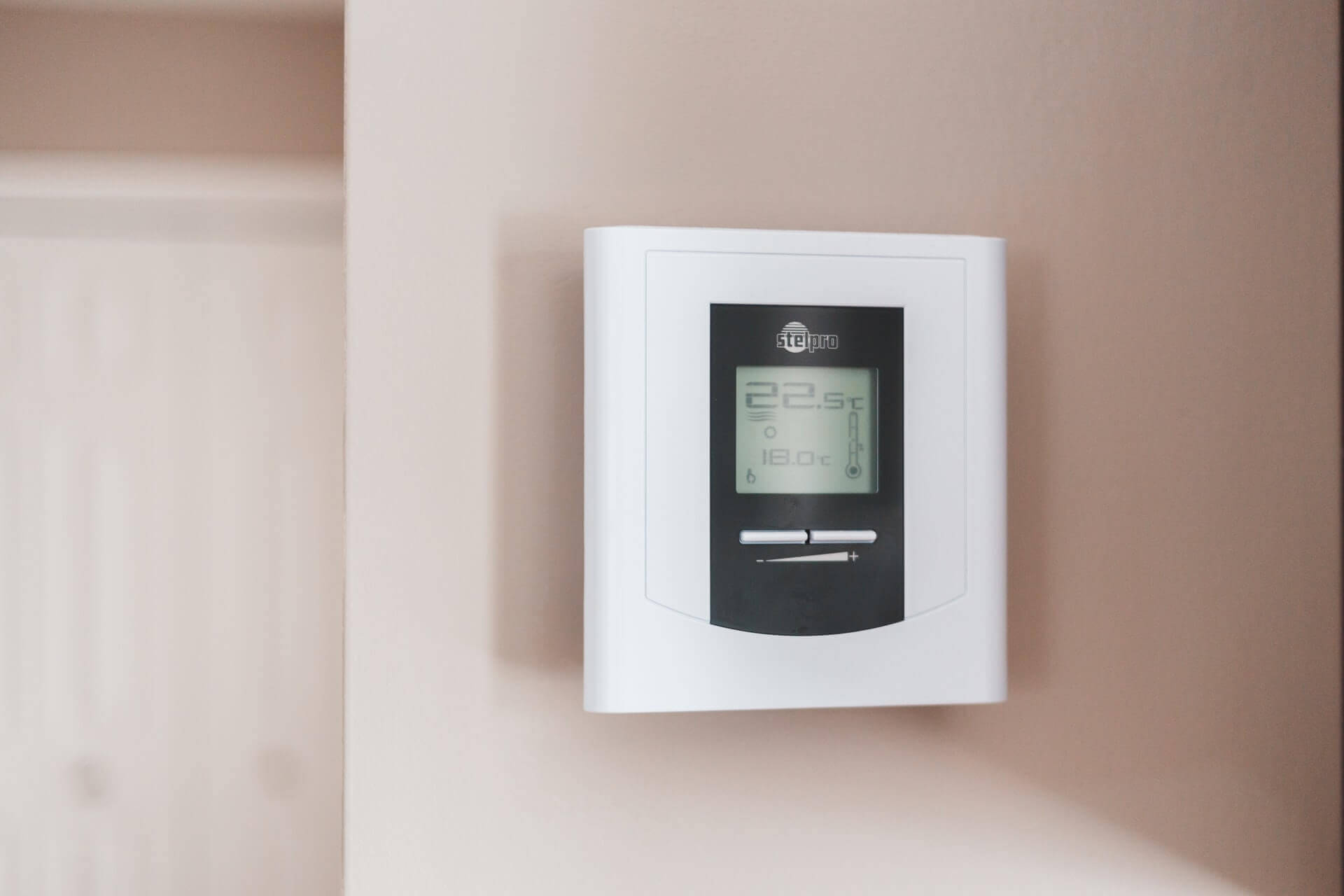Can heat pumps be used in winter?

With winter set in, it becomes important, even crucial, to choose the right heating system in order to be warm when the temperature is at its lowest. While the heat pump proves to be an excellent compromise throughout the year thanks to its dual function of heating and air conditioning, the question arises about its efficiency in the middle of winter. Uncover this question through this article and learn more about the heat pump and how it works.
What is a heat pump and how does it work?
A heat pump is a device that can act as both heating and air conditioning by using mainly the heat contained in the air. Thus, it keeps the house at an adequate temperature both in winter and in summer.
The operation of a heat pump is both simple and complex. It has a refrigerant contained in two serpentine ducts and which will be compressed by a compressor. When the heat pump is in heating mode, the refrigerant is sent to the outside coil in the form of gas. The latter will then be brought back to the inner coil, then compressed. It will cause his temperature to rise. This heat will then be distributed through a fan in order to heat the rooms in the house.
Despite the fact that the heat pump can act as an air conditioner, it does not produce cold. In fact, when it is in air conditioning mode, it extracts the heat present in the air inside the rooms and expels it outside. The fresher air is then distributed throughout the house.
But the other quality of the heat pump is its ability to improve the air quality in the house by reducing its humidity. In other words, it has three functions: heating, air conditioning and dehumidification.
How effective is a heat pump in winter?
As you can see, the heat pump is a very versatile device that is useful both in summer and in winter. But the real question concerns the ability of the heat pump to meet the heating needs of a house when the temperature is at its lowest in winter. Is it sufficient or should other heating systems be installed to reinforce it?
Notion of coefficient of performance
To answer this question, it is important to talk about the coefficient of performance. It is a number that indicates the performance of a given device at a given temperature. The coefficient of performance or CP will therefore make it possible to determine the efficiency of a heat pump according to the outside temperature.
Normally, this efficiency decreases linearly as the temperature decreases. Here is a very simple example: for a device indicating a CP of 2 means that 1 kWh of electricity must be used to produce the equivalent of 2 kWh of heating.
What is the coefficient of performance of heat pumps?
According to the Office of Energy Efficiency and Natural Resources of Canada, average heat pumps offer a CP of 2.3 at a temperature of -8°C. When the temperature reaches -15°C, the CP drops to 1.
For areas located in southern Quebec, normal heat pumps are sufficient to meet the needs of homes all year round. On the other hand, for areas further north where temperatures are well below zero, conventional heat pumps have their limits.
Heat pumps better adapted to the cold
In recent years, the technologies used in the design of heat pumps have evolved a lot, which has made it possible to create models that are much more efficient at lower temperatures. For example, some models offer a CP of up to 1.5 at temperatures around -21°C.
In order to achieve such efficiency, these new heat pump models are larger in order to accommodate a larger size of heat exchanger and a more efficient compressor. Most of the time, the device will operate at low speed and will only be fully used during periods of extreme cold.
These more powerful heat pumps are logically more expensive, but they can meet heating needs in even the coldest areas of Canada without the help of other heating systems.
How do you prepare a heat pump for winter?
If you want your heat pump to be able to fully perform its role during the winter, it is important to carry out maintenance and take preventive measures. Here are some tips that might be helpful.
Clear the area around the outdoor unit
Optimize airflow around the outdoor unit of your heat pump before low temperatures arrive. Dead leaves, weeds, and any obstacles that may block the passage of air should be removed.
Change the heat pump filters
If your heat pump filters start to age, it's more than ever time to replace them before temperatures drop dramatically. A dirty filter makes it difficult for air to circulate, which makes more use of your heat pump and increases your energy consumption.
Check the operation of your heat pump
It is important to test the operation of your heat pump before the onset of extreme cold weather. To do this, check whether the appliance is distributing hot air properly when the thermostat is set to this function. Also, check for odors, especially those of mold. This indicates that the filters are very dirty and that bacteria have grown in the device.
Have your heat pump inspected by a professional
There is nothing like the eyes and the know-how of a seasoned professional to identify any problem with your heat pump. It is better to find anomalies before the cold weather arrives than to be caught off guard at the right time. By planning your maintenance in advance, you ensure peace of mind throughout the winter concerning your heating solution.
Duct cleaning
Ducts also play a role in the quality of the air that circulates in the house. When you have your heat pump inspected, take the opportunity to ask your specialist to inspect and clean the ducts.
Guarantee: No traces, no stress — only lasting results.
5 000 +
96%
$6,275



.avif)



